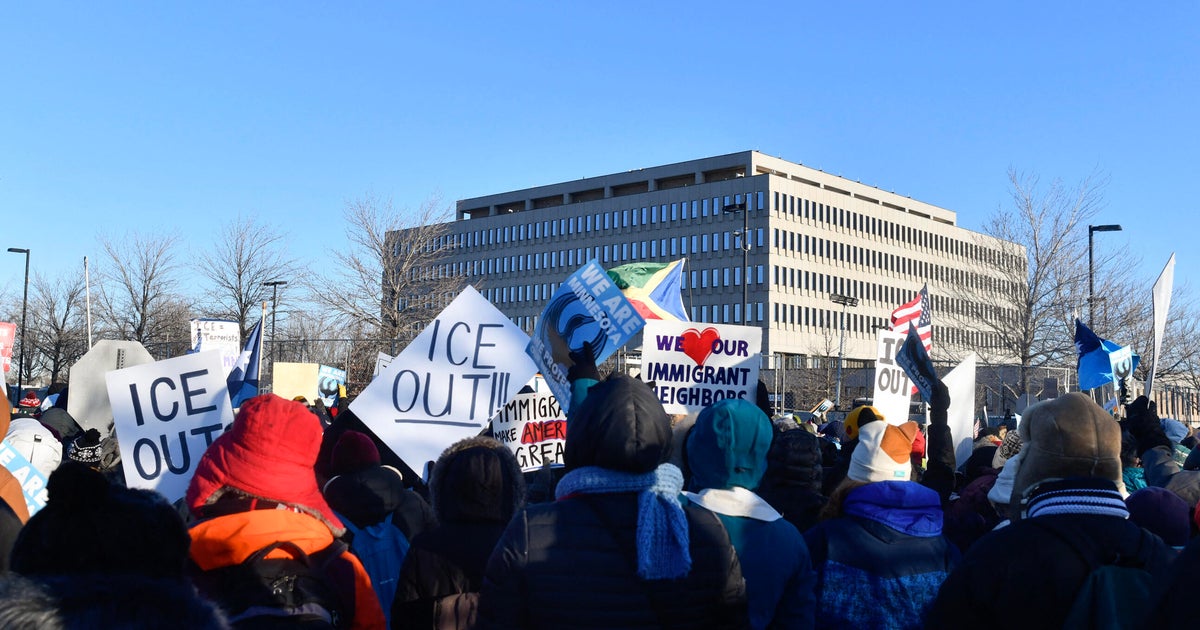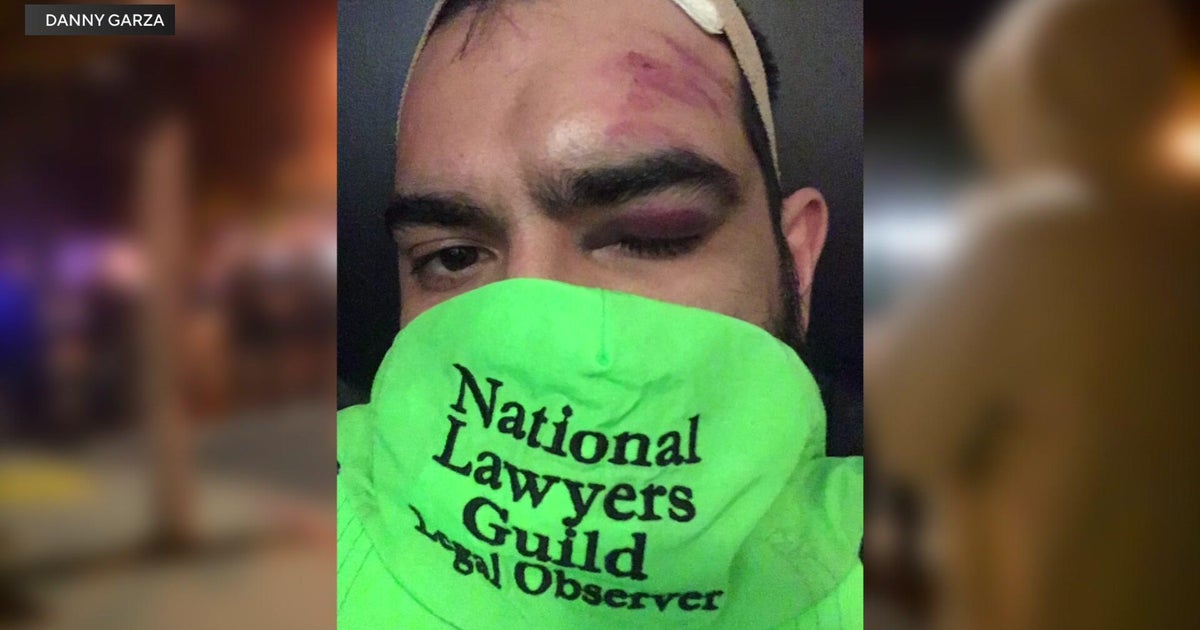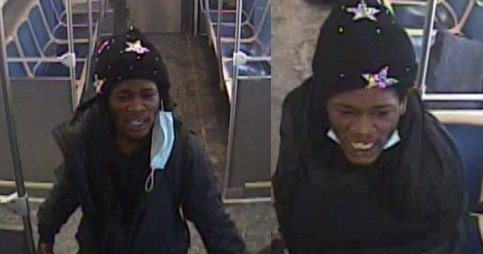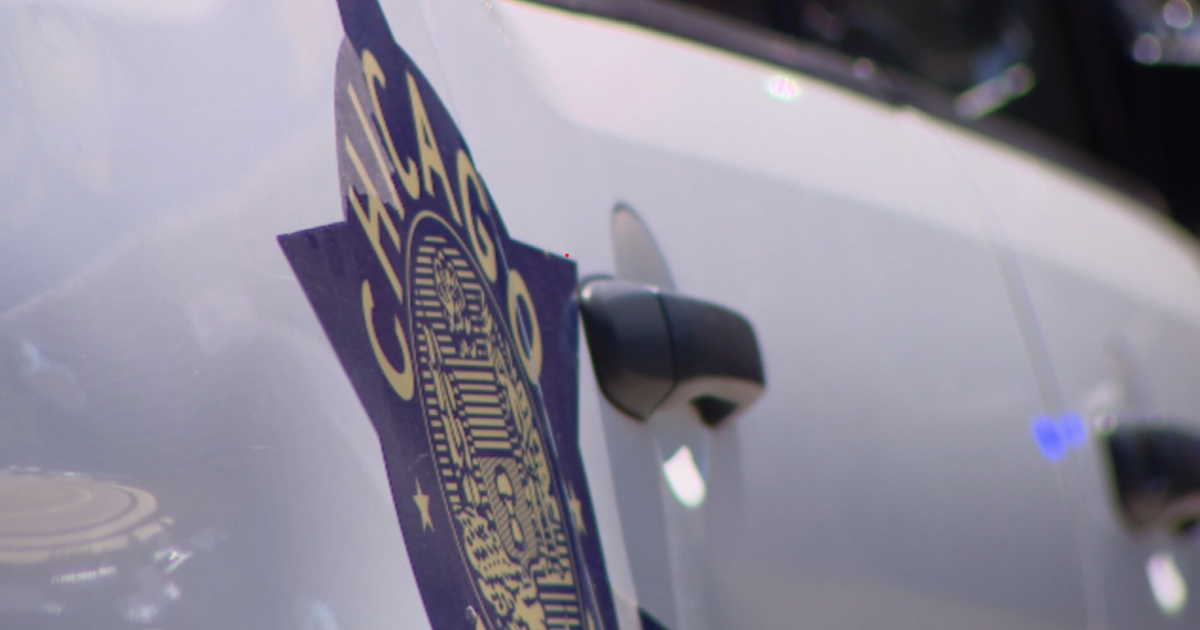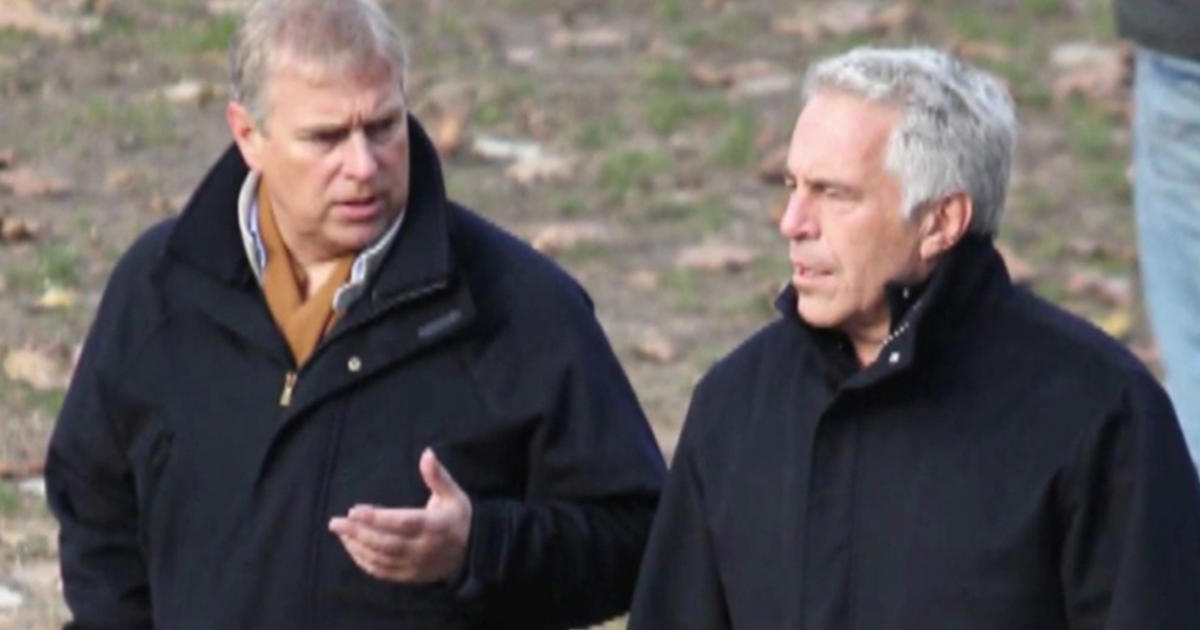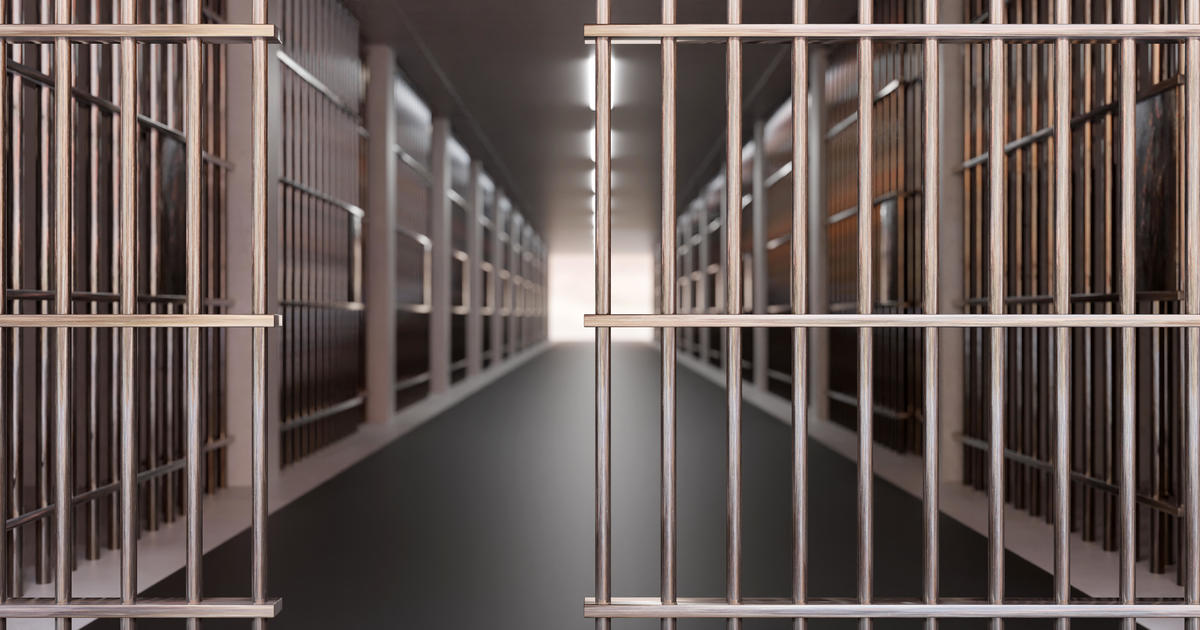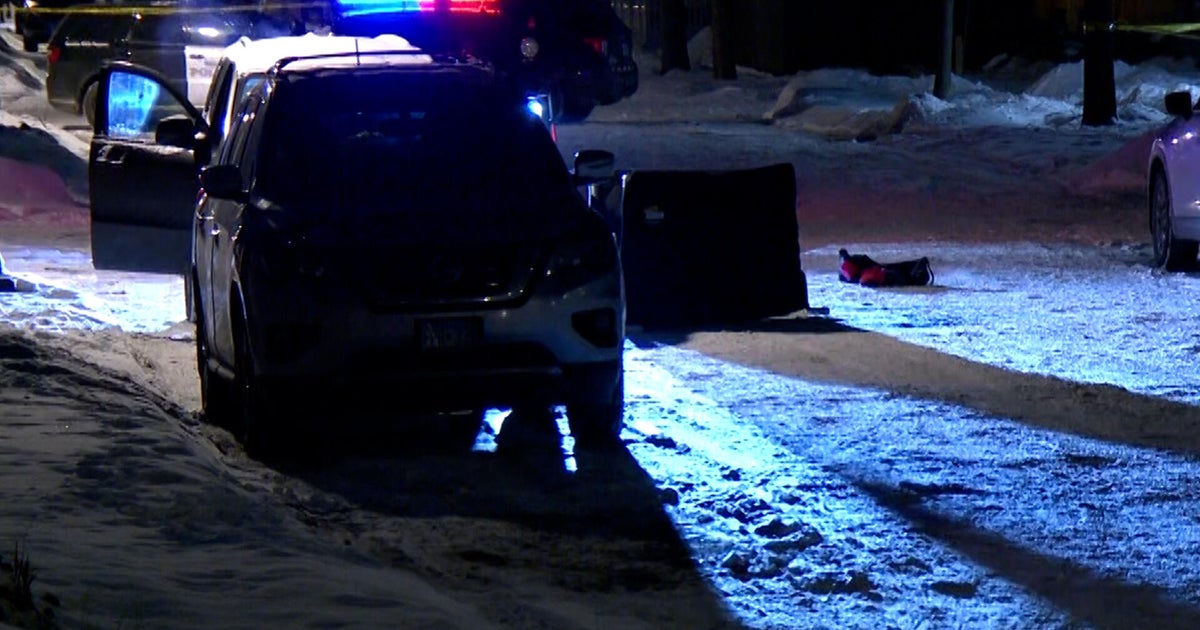Advocates concerned about how well CPD officers are trained to protect protesters' rights during DNC
CHICAGO (CBS) -- Just days ahead of the Democratic National Convention, many are concerned about how Chicago Police will respond to the tens of thousands of protesters expected to march.
Chicago Police Supt. Larry Snelling has promised that officers will respect First Amendment rights. He has said repeatedly that protesting will be protected, but rioting will not be tolerated.
"There is a distinct difference between a riot and a protest," Snelling said Thursday.
The superintendent is confident his officers are ready for DNC protesters.
"They've been through some serious, serious training and they're ready to go," Snelling said this week.
But experts are questioning how well police were trained to protect protesters' rights.
"We have seen the training. We have seen the policies," said Alexandra Block, director of the Criminal Legal System and Policing Project at the American Civil Liberties Union. "We still have a lot of concern, because there are gaps."
Block said she saw the gaps firsthand. She's part of the coalition of lawyers in charge of enforcing the federal consent decree put in place to create reform at the CPD.
"We are concerned that officers aren't being given appropriate instruction to step back and allow free expression," Block said.
Block and the Coalition to March on the DNC recently sat in on a demonstration of the CPD's training on their mass arrest policy, so as to get an idea of how police will respond during the DNC.
"All of our training is rooted in the First and Fourth amendments," Snelling said at a City Club of Chicago event this past Monday. "It's important our officers understand the First amendment and the protection of First Amendment activity."
But the CBS News Chicago Investigators obtained a consent decree status report, filed in court this month. It says the coalition found "concerning deficiencies" with the demonstration of the training.
The consent decree status report argues CPD's training does not "clearly explain when arrests are and are not permitted."
"We have heard some mixed messages out of Superintendent Snelling's pulpit, and that is a bit concerning," Block said.
The coalition fears that police won't discern between peaceful protestors and violence, and that this could lead to mass arrests for even minor issues.
"Things like blocking a sidewalk, blocking the street—unless there's some intention behind it that people are endangering other people," Block said.
These concerns in part stem from how Chicago police handled the unrest in 2020 in the wake of the murder of George Floyd at the hands of Minneapolis police.
A Chicago Inspector General probe found incidents where protestors were struck by batons and punched or kicked, in cases that didn't involve looting. The IG found those types of incidents were more widespread than CPD reported.
"We know CPD's response in 2020 was grossly abusive and unconstitutional, and we want to ensure that's not repeated," said Block. "If there's vandalism, if people are looting, that kind of behavior is not acceptable—and those people should be separated from the demonstration and taken aside. The people who are being peaceful should be able to continue their protest."
Hatem Abudayyeh is the National Chair of the United States Palestinian Community Network. He is heading up what will likely be the largest protest at the DNC next week.
"I think that if there's anything that we've learned from history, and history of the Chicago Police Department, that there probably will be arrests," Abudayyeh said.
Abudayyeh said tens of thousands of people will protest peacefully, demanding the U.S. stop funding Israel's war in Gaza.
"I am hoping that there won't be massive violence perpetrated against us by the cops, because that's what we've seen many, many times in the past," said Abudayyeh.
Police will have to exercise a delicate judgment on protesters—including fellow first responders from the Chicago Fire Fighters Union Local 2, who are marching without a permit.
"I don't know that they will arrest us. We're going to march peacefully," said union president Pat Cleary.
Cleary said firefighters—who are calling out the city for not having enough ambulances and paramedics to safely serve the city—plan to walk as far as they can down Madison Street.
"As far as I can go," he said.
For months now, the Chicago Police Department has refused to release any records about what kind of training officers have received for the convention. Supt. Snelling declined CBS News Chicago's request for a one-on-one interview.
"What we're hoping CPD will do is that unless protestors are harming other people or destroying property, that they will be left alone to exercise their First Amendment rights," said Block.
